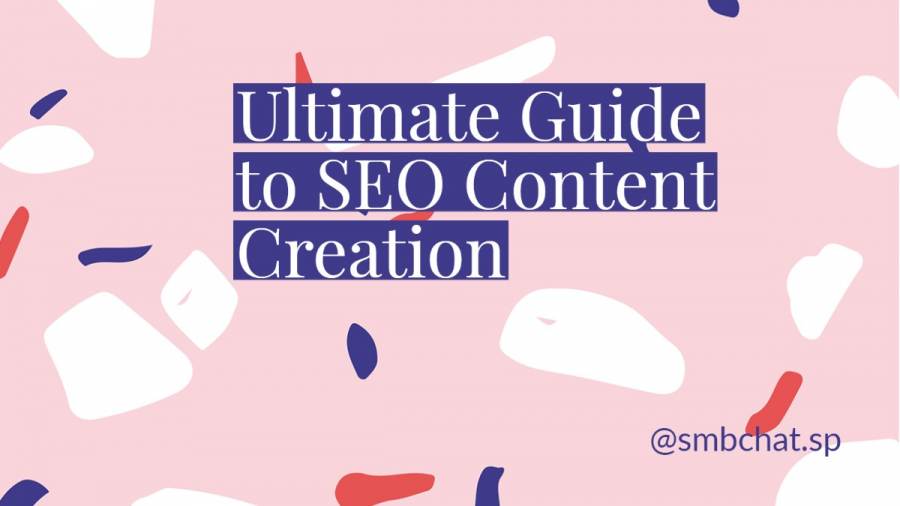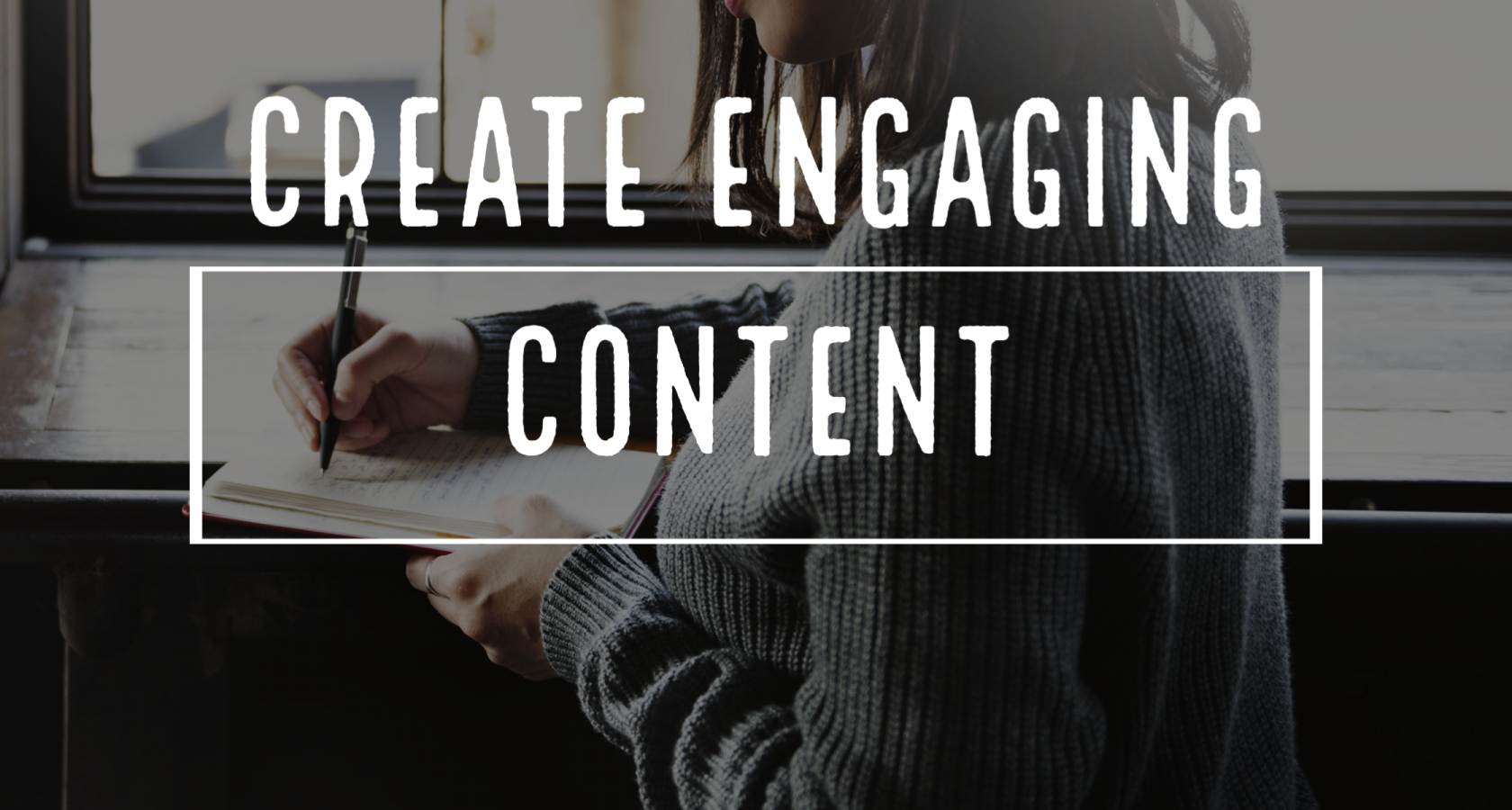Where to Hire Grant Writers: 4 No-Stress Places to Find Grant Writers
If you’re anything like most grant managers, you have too much on your plate.
- Keeping tabs on program activities and expenditure
- Handling grant reports
- Tracking results
- Supervising grant staff
- And researching funding needs
…is all part of your day-to-day life.
Taking on the actual grant writing would be a stretch too far. That’s why many grant managers and smaller nonprofit owners prefer hiring grant writers instead.
The problem is, finding a great grant writer is pretty challenging. After all, not all self-proclaimed grant writers can balance the technical specifics and storytelling in a grant proposal.
Also read: Nonprofit Content Creation and Marketing: How a Content Marketing Team Helps You Win More Support.
Today, we reduce this agony by covering 4 reliable platforms where you can find and hire grant writers. We will also share a no-stress grant writing team that can tell your story and impact while treating the technical specifics with equal glamor.
Let’s dive into these no-stress avenues to hire grant writers.
1. Freelance Platforms and Websites
Freelance platforms are a handy choice for finding qualified grant writers. These platforms place grant writers from all parts of the globe at your fingertips. You can select the grant writer of your liking from a large pool, mostly at a reasonable cost.
Here are a few examples of popular freelance sites where you can find grant writers:
- Upwork
- Freelancer
- Guru
- People Per Hour
- Fiver
Pros
- Wide pool of talent. Freelance platforms give you access to a vast pool of grant writers worldwide. In turn, you can choose a grant writer based on previous projects, feedback from clients and experience levels.
- Flexibility and scalability. You’re the boss regarding the specific grant writer you want working on the proposal. These platforms also have more flexibility in terms of deadlines, scope, and payment.
- Competitive pricing. Freelance platforms often foster a competitive environment. For your organization, this screams affordable pricing without jeopardizing the quality of a proposal.
- Specialized expertise. Freelance platforms allow you to find grant writers with specialized expertise in specific sectors, industries, or types of grants. This is great when targeting niche grants or grants requiring in-depth subject matter knowledge.
- Reviews and ratings. In other words, the grant writer and their work is already vetted for you. Now, all you need to do is sieve through several reviews to determine the reputation and quality of specific grant writers.
Cons
- Varying quality and reliability. The quality and reliability of freelance grant writers can vary significantly. While platforms may have rating systems, there is always a risk of encountering writers who do not deliver the expected quality or adhere to project timelines.
- Communication challenges. Most freelance platforms don’t allow you to take conversations outside the platform. Add in the possibility of a different time zone— and you have frustrating experiences during communication. For example, you might be unable to call the writer if you want a section included or edited ASAP. Aside from frustration, these communication challenges can put a damper on your timelines.
- Limited control and oversight. When working with freelance grant writers, you have less direct control and oversight compared to in-house staff or dedicated teams.
- Availability and competition. Picture this; you’ve set your eyes on a grant writer with great reviews. Plus, she specializes in your niche.
Unfortunately, her order list is a mile long, and the grant proposal deadline is quickly approaching. That’s a major con of hiring freelancers on these platforms— highly skilled and experienced grant writers may have high demand and limited availability. The result is longer lead times or higher costs— none beneficial for your organization.
2. Professional Grant Writing Services
Grant writing services are most popular among many organizations for several reasons. For starters, these companies offer more customizable options. They also have multiple grant writing professionals on a team. This can speed up the grant writing process and provide extra quality control and assurance layers.
To find reputable grant writing services, start by researching online. Look for companies with a strong track record of success, positive client testimonials, and a portfolio of awarded grants.
It's also helpful to seek recommendations from other organizations or colleagues who have previously used the grant writing service you’re eyeing. Take the time to review the company's website, learn about their team, and ensure they align with your organization's values and goals.
Pros
- Expertise and experience. Grant writing companies have a dedicated team of experienced grant writers with specialized knowledge and expertise in crafting successful grant proposals. They are well-versed in grant application intricacies and can precisely navigate complex requirements.
- Quality assurance. Professional grant writing companies often have a rigorous quality assurance process in place. They ensure that grant proposals are well-researched, structured, and compelling, increasing the chances of securing funding for your organization.
- Tailored approach. It’s a team effort when you partner with grant writing services. Professional grant writers work closely with your organization to understand its unique goals, programs, and needs. They customize grant proposals to effectively communicate your organization's mission and increase the likelihood of success.
Cons
- Cost. Professional grant writing services typically come with a higher price tag than options like freelance platforms.
- Limited organizational knowledge. While professional grant writers strive to understand your organization's objectives, they may not possess the same in-depth knowledge as internal staff members. This could result in a gap in conveying your organization's unique value proposition in proposals.
3. Grant Writing Associations and Networks
Grant writing associations and networks are communities that bring together professionals in the field of grant writing. But these communities are not just beneficial for grant writers.
Your organization can also tap into the member lists of grant associations and networks to find your next great writer.
The Grant Professionals Association (GPA) and the American Association of Grant Professionals (AAGP) are two examples to look into. If you want a grant writer closer to home, find out if local chapters are nearby.
Head to the GPA member search website to view a list of grant writers closest to you. Then, enter your country and state.
Within minutes, you’ll have a list of potential grant writers for your project.
(Here are the results I got for Colorado Chapter.)
Pros
- Access to experienced professionals. Grant Writing Associations and Networks accept qualified grant writers with the kind of expertise you’re after.
- Access to the latest industry trends. Being part of an association includes certain perks, such as industry reports. This translates to an informed grant writer with access to trends and info that can win you funding.
Cons
- More work to find client feedback. These associations give you a list but don’t show which kind of projects a member has worked on. You also don’t see client feedback about a member and their work.
4. Internal Resources
Your organization may already have staff members with grant writing skills and experience.
Leveraging their expertise can save you time and money while ensuring continuity in your grant writing efforts. These individuals deeply understand your organization's mission, programs, and goals. This element will greatly enhance the quality and relevance of your grant proposals.
If you choose to with this option, invest in training for staff members interested in grant writing.
Pros
- Organizational knowledge. Internal resources deeply understand your organization's mission, programs, and goals. This allows them to create grant proposals that align closely with your objectives.
- Continuity and institutional memory. Your people are likely to have a long-term commitment to your organization. This ensures continuity in grant writing efforts, maintaining consistency. and building upon past successes and lessons learned.
- Collaboration. Teamwork makes the money roll in this case. You can tap into diverse perspectives and insights by involving your organization's various departments and subject matter experts. The result will be well-rounded and comprehensive grant proposals that persuade funders.
Cons
- Limited availability. Existing staff members may already have full workloads. Adding grant writing tasks to the plate makes it challenging for them to dedicate sufficient time and attention to grant writing responsibilities.
- Lack of specialized expertise. Internal resources may not possess the specific expertise or knowledge of writing grants. Remember, it’s not just about the story or impact. Technical requirements matter too.
- Bias. In-house grant writers will face challenges maintaining objectivity and avoiding internal biases that could unintentionally influence the proposal's content or credibility.
Wrapping Up
Finding the perfect grant writer may seem daunting, but fear not! There are plenty of reliable avenues to explore, as you’ve discovered with this guide.
Freelance platforms offer access to a diverse talent pool, while grant writing services provide expertise and quality assurance.
On the other hand, grant writing associations and networks connect you with experienced and certified professionals. But you can choose to invest in internal staff so that you can tap into your organization's knowledge and continuity.
It's all about finding the right fit for your organization's needs.
Your Very Own Dedicated Grant Writing Team
Grant writing shouldn't be a source of stress for you. At Zoey Writers, we're here to make the process seamless and successful. We're not just another grant writing team—we're a team that becomes an extension of your own.
Our refined professionalism ensures that your grant proposals are crafted with the utmost care and expertise. We believe in giving you a say in the process from start to finish because making you 100% satisfied is our priority.
With Zoey, you can expect a quick TAT and multiple quality control layers that increase your likelihood of winning grants.
Let us handle your grant writing projects while you focus on making a difference. Shoot us a message today to experience the difference a dedicated and experienced grant writing team can make.
Frequently Asked Questions
How Do I Find Someone to Write a Grant Proposal?
Grant writers can be found on various platforms, including freelance platforms, grant writing services, grant associations, and even through social media networks.
What Do Grant Proposal Writers Do?
Grant proposal writers skillfully craft compelling proposals that tell your organization's story, showcase its impact, and meet the technical requirements necessary to secure funding.
How Many Hours Does It Take To Write a Grant Proposal?
The time required to write a grant proposal varies depending on the complexity of the project. But, to be on the safer side, plan for 6 to 8 weeks before the deadline.
Why Do We Need Grant Writers?
Grant writers are essential for organizations seeking funding as they possess the expertise to navigate complex grant applications, increase the chances of success, and effectively communicate the mission and goals of the organization to potential funders.
Photo by Hadis Malekie on Unsplash. Thank you, Hadis!

















